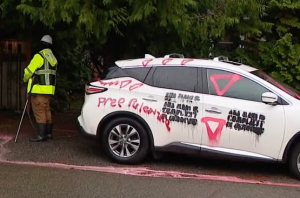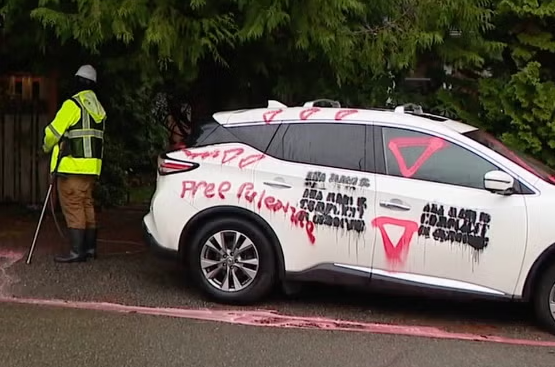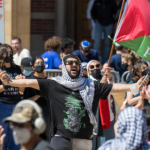University of Washington President’s Home Vandalized by Pro-Palestinian Vandals
A disturbing act of vandalism occurred overnight on November 13, 2024, when a group of masked individuals spray-painted the home and car of University of Washington (UW) President Ana Mari Cauce. The incident, which police are investigating, has sparked a fierce debate over free speech, academic freedom, and the ongoing Israeli-Palestinian conflict.
Pro-Palestinian Slogans and Messages of Intimidation
The vandals, whose identities remain unknown, left behind pro-Palestinian messages, including “Free Palestine,” “Blood on your hands,” and a red triangle symbol,which is a clear endorsement of US designated terrorist organization Hamas. These slogans were sprayed on both Cauce’s car and the walls of her home, along with the chilling message: “Our movement will continue to escalate until the demands for cutting ties with war-profiteer Boeing and divestment from Zionism are met.”
In an official statement, University spokesperson Victor Balta condemned the act, emphasizing that making threats against public officials with the intent to intimidate is a crime. “This vandalism will not influence University policy,” he added, reinforcing that UW remains steadfast in its approach to controversial issues, including its financial ties to companies like Boeing and its stance on divestment from Israel.

Tensions at the University of Washington
The vandalism comes amidst a backdrop of escalating tensions at the University of Washington, where pro-Palestinian protests have been a fixture over the past few months. Students have repeatedly called for the university to sever its financial and academic ties with Israel, including its partnerships with Boeing, which they accuse of profiting from the conflict.
Earlier this year, UW was home to a multi-week protest encampment, during which students demanded that the institution divest from companies involved in the Israeli defense industry. The protests were ignited by the ongoing Gaza conflict, with many students viewing the situation as an act of genocide against Palestinians.
While President Cauce expressed support for human rights and a ceasefire in Gaza, she also condemned the anti-Israel rhetoric that had emerged from some student factions, calling it “vile and anti-Semitic.” This has placed her in a difficult position, as she navigates the demands of pro-Palestinian activists and the broader community, which includes Jewish students and faculty.
Backlash and Concerns Over Escalating Rhetoric
Local Jewish leaders were quick to react to the vandalism, with the American Jewish Committee of Seattle condemning the act as “a sickening extension of the antisemitic rhetoric, vandalism, and violence that has engulfed UW.” They argue that the vandalism was not just an act of protest but an effort to intimidate and threaten Cauce for her refusal to endorse the movement to sever ties with Israel.
The situation at UW highlights the broader national debate about the boundaries of free speech and activism on college campuses. While universities are supposed to be spaces for open dialogue and protest, there is growing concern that some forms of expression—such as the vandalism targeting Cauce—are crossing a line into hate speech and intimidation.
The University’s Response and the Road Ahead
In response to the vandalism, the University of Washington has reaffirmed its commitment to free speech and to ensuring that students and faculty can express their views without fear of retribution or threats. However, the administration has also made it clear that acts of violence or intimidation will not be tolerated.
As the university moves forward, Cauce has announced that she will step down from her position as president in June 2025. Her departure could signal a shift in UW’s approach to the contentious issue of Israel and Palestine. In the meantime, the university continues to navigate the complex landscape of activism, free speech, and the deepening political divides surrounding the conflict in the Middle East.
The National Conversation: Antisemitism, Free Speech, and Campus Activism
This incident has brought national attention to the issue of antisemitism on campuses, with Congress currently considering a bill that would establish a new definition of antisemitism for investigations of federally funded universities. The bill has garnered bipartisan support but has also faced pushback from free speech advocates, including the American Civil Liberties Union (ACLU), which warned that the legislation could chill legitimate criticisms of Israel by conflating them with antisemitism.
The debate over this bill—and the growing concerns over rising tensions in campus activism—raises important questions about the line between free speech and hate speech, particularly in the context of ongoing international conflicts. For many, the situation at the University of Washington is a microcosm of the broader challenges facing universities across the country as they attempt to balance student activism with the need to protect individuals from threats and harassment.
Conclusion: A University at a Crossroads
The vandalism of President Ana Mari Cauce’s home is a troubling reminder of the intensity of the divisions surrounding the Israeli-Palestinian conflict and the challenges that universities face in addressing these tensions. While activists have the right to express their views, the line between protest and intimidation is one that must be carefully navigated. The University of Washington, like many institutions, will likely continue to grapple with these complex issues as they seek to balance freedom of speech with the need to protect their community members from harm.



